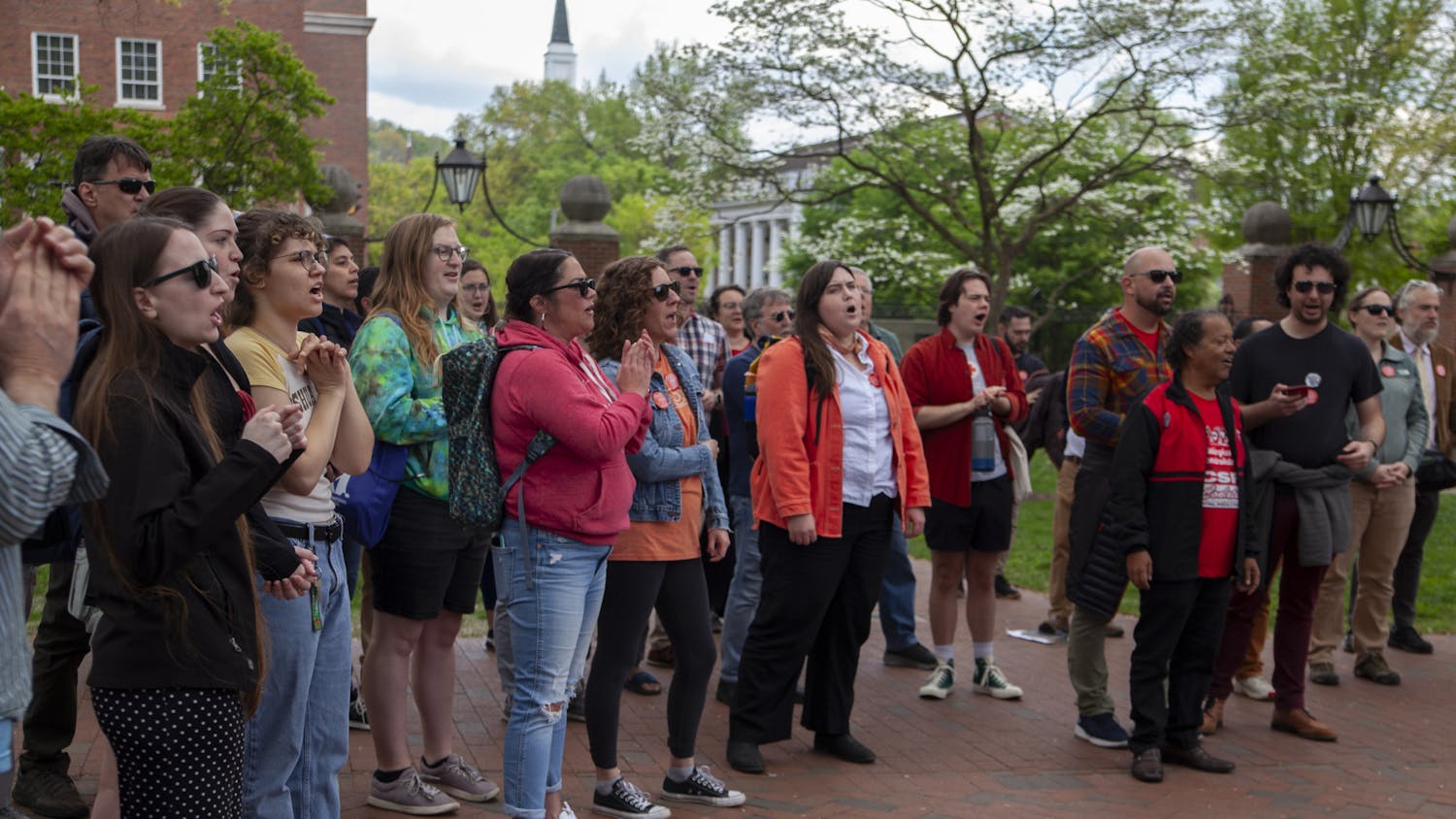WOUB has joined the PBS #LearnAtHome Initiative to support teachers and parents who are helping their students learn from home.
Due to the COVID-19 stay-at-home order issued by Gov. Mike DeWine, Ohio’s K-12 schools have been forced to recreate lesson plans to adapt to remote learning.
PBS has started a national #LearnAtHome Initiative by teaming up with local Ohio stations to create programming for individual age groups. These programs will aim to provide support for teacher’s lesson plans and parents of younger children who are now forced to act as stand-in teachers.
Cheri Russo, WOUB’s community engagement manager, said the resources it provides are supplemental work that students can do that go along with what they would’ve been learning in a classroom. Russo feels this is especially crucial for the Southeast Ohio region.
“We know a lot of the places in Southeast Ohio that we serve, a lot of those kids do not have internet access where they live, and so it's hard to have virtual classrooms with those kids when they don't have access to the internet,” Russo said. “So us providing programming that goes along with what they need to learn helps teachers in this region be able to reach out to those students.”
The change in daily television lineups for WOUB included older elementary and middle school (grades 3-7) content broadcast on WOUB’s Classic Channel (20.2/44.2) from 8 a.m. until 12 p.m.; high school (grades 8-12) content broadcast on WOUB’s WORLD Channel (20.3/44.3) from 12 p.m. until 5 p.m.; and educational content for the youngest learners (grades Pre-K-3) on WOUB HD (20.1/44.1), a channel that will also be carrying Gov. DeWine’s daily news conference.
Through WOUB and PBS’s Learning Lab, students can work on activities that correlate with the station’s programming as well as learn more information on the subject and even play related games.
Jackie Casey, WOUB’s early childhood specialist, is impressed with the extensive research that goes into creating the supplemental resources with the television programs. For example, there are experts who are researching the cultural sensitivity that goes along with early childhood programming that she feels is a great use of expert knowledge.
“It’s not just putting on a TV show and hoping for the best,” Casey said. “They take a very long approach and have a wide scope of resources. We’re really lucky to have the wealth of resources, even some of the shows that are available to us but we’re not showing. They might be 5 or 6 years old … but they’re doing things that are very exciting to kids and very hands-on … so they’re still very timely and great.”
WOUB staff is taking it a step further by having teachers, students and parents share their progress and ventures with the online activities in honor of Teacher Appreciation Week, which spans from May 4 to May 8. By using the hashtag #ShowWOUBWhatYouLearned, students can show appreciation for their teachers, and teachers can be entered into a drawing to win prizes.
“It’s a fun way for us to see the impact of what we’ve been providing because right now, we’re putting stuff out there, and we know people are using them, but we can’t see it,” Russo said. “We would love to be able to see it and share it, and then send a thank you gift to those teachers and students who are using our resources.”
Deborah Brewer, WOUB’s educational services manager, believes that throughout this challenging time, it’s important to keep children learning and their minds active. She said people don’t need strong internet to access WOUB’s programming, and if kids are going to watch television anyway, they might as well make it a program that’s conducive to learning.
“There are definitely broadband issues in this area, so we have a lot of kids that we know are all only getting over the air TV right now, so we’re putting really good content on those stations just in case you can’t get anything else,” Brewer said.
Russo, Casey and Brewer all see the immense importance and hope their small contribution of programming can make a big difference in children’s learning.
“Having something that parents trust and teachers trust, the content that PBS puts out is so vetted, and there are so many additional things that each show has to go with it to help with that learning,” Russo said. “Being able to make sure that that’s out there in a way that our kids can access it in a time when they’re not able to go to school is just, you know, to me, it makes me tremendously proud that we’re able to do that.”
For more information on WOUB’s programming, visit its website or check out the Learning Lab.






